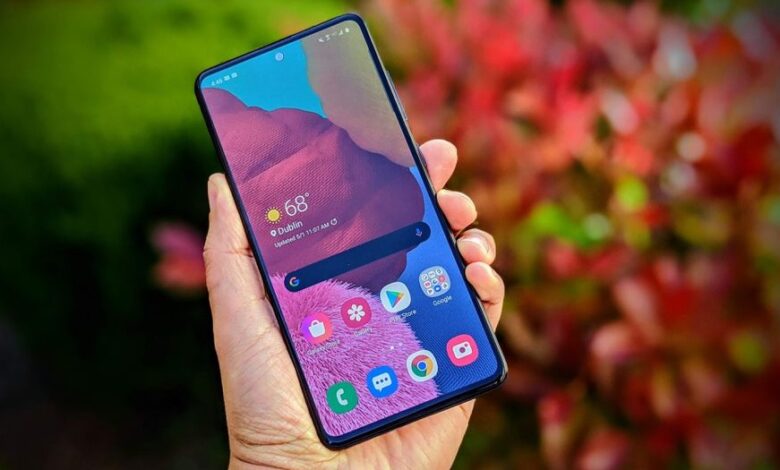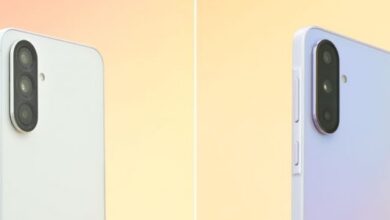Putting The “Smart” Into Smartphones

Covid-19 may have wreaked havoc on certain retail sectors around the world, but the smartphone market isn’t one of them. In fact, with economies beginning to reopen and demand for devices having built up, heavy promotions and discounts are being offered, and this is translating into good news for both sellers and buyers.
A report by the International Data Corporation (IDC), a premier global provider of market intelligence for the telecommunications and consumer technology markets, cited an improvement in the worldwide smartphone market for the third quarter of 2020 on a previous forecast of a 9% year-over-year decline, with shipments declining just 1,3% year-on-year to 353,6 million units shipped. And Africa is standing her ground, with TECNO leading the smartphone market in the second quarter, holding at least 30% of the market share, according to the IDC.
In a report released in March this year, the global data and evidence-based agency Kantar noted that Generation Z (born between 1997 and 2012), who’ve grown up fully immersed in a digital world, generally have more reasons to buy a smartphone than their Generation Y peers (born between 1981 and 1996, often called Millennials). And cameras are especially important to them – three out of five Gen Z users in the UK, France, Germany, Spain and Italy buy for the quality of the camera and the phone’s app features.
So what do South Africans look for in a smartphone, beside affordability? Like their western European counterparts, the camera is important. Capetonian dance sensation Matthew Power, one of South Africa’s biggest TikTok stars with 261 300 followers, says, “I’m continually on the go, creating stuff for both my TikTok and Instagram feeds, so the camera, the size of the smartphone’s screen, and then of course its overall style are things that I look out for.”
“The Expressionist” Anthony Bila, a street-style photographer who’s worked in fashion, commercial and documentary photography, with a following of over 15 500 Instagram followers, is also unequivocal about the camera qualities of a phone, as well as its processing power and speed. “Editing photos and videos on the fly demands decent power,” he says, “but also just having a good-quality camera that captures those special moments is really the cherry on the top.”
“Camera quality and general ease of use are important, and it’s a winner if you can get one for just under the R3 000 mark,” says Sanele Mkhize, former Idols SA singer/songwriter Top 10 contestant from Season 12, who as an artist spends a significant amount of time on Instagram and Facebook keeping his 37 000+ followers engaged.
Reece Chloe Lewis, another TikTok dance sensation from Cape Town with over 167 200 followers, agrees that South Africans should think economically when deciding on a phone: “Buy something that’s in your price range, that you know will last at least one to two years,” she says. She thinks the best deals to be found are at malls, as consultants are able to help answer questions and concerns but also give you the very latest on discounts and deals.
Bila agrees, too, with the notion of buying with an eye to your wallet: “Buy when you have funds,” he advises. And he adds, “Ultimately, phones all do the same basic functions. How you customise them with a cover, stickers, apps and the like will give your phone character.”
Kate Nokwe, Joburg’s much-loved Supersport TV sports reporter, agrees that your phone brand isn’t a reflection of you as a person. “I think that idea is more of a stereotype than a fact,” she says, noting that she’s less concerned with the brand than “the substance behind the brand”.
For a phone like TECNO’s recently launched Spark 5, which offers four cameras on the back and one on the front, artificial intelligence (AI) lenses and HI Pods H2 wireless earphones (among other features), it’s the price point of the phone combined with its technology and features that’s the winning formula. As Nokwe says, “It’s all about value – why break the bank when you can buy a device for half or a third of the price and still enjoy fantastic features?”
With smartphone penetration in South Africa having reached 91,2% in 2019, up from 81,7% in 2019, and 53,4 million smartphone subscriptions – just a few million short of the country’s total population – in place, according to the 2020 State of the ICT Sector report, there’s no doubt that device usage has infiltrated every facet of our lives. For Millennials, the largest smartphone marketplace in South Africa, key purchasing decisions have centred largely on product features, a brand’s personality, their loyalty to a brand, and then of course social influence.




